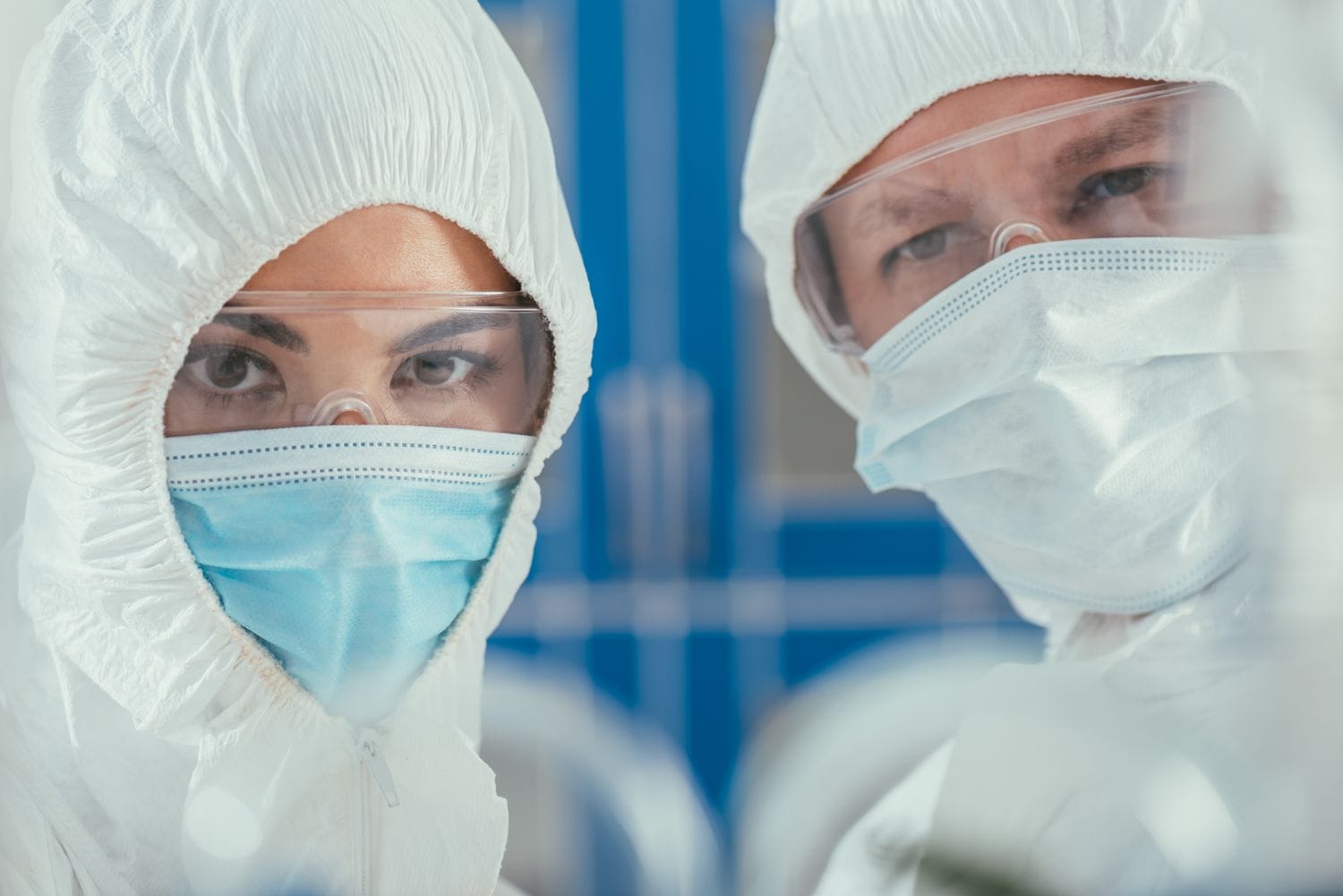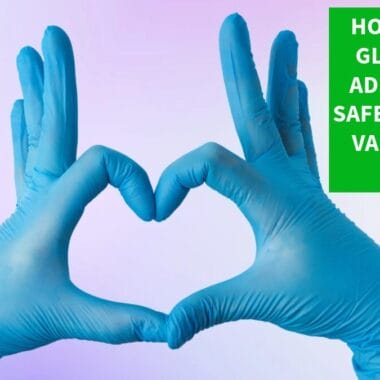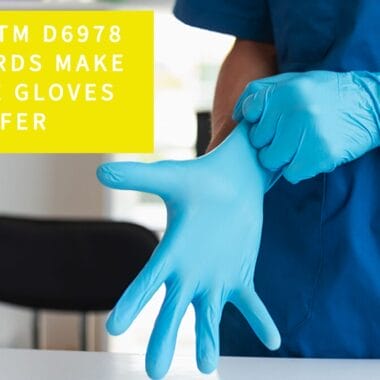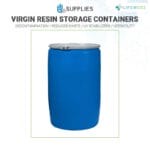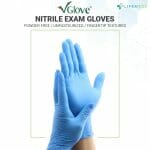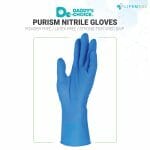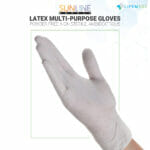What are Cleanroom Masks?
Cleanroom masks are specialized facial coverings designed to be worn in controlled environments, such as cleanrooms, to prevent the release of particles, contaminants, or microorganisms from the wearer’s mouth and nose into the sterile environment. These masks are a crucial component of personal protective equipment (PPE) in industries where maintaining a contaminant-free atmosphere is critical, such as pharmaceuticals, semiconductor manufacturing, biotechnology, and medical device production. Cleanroom masks are made from materials that minimize particle shedding and offer effective filtration, ensuring that the environment remains free from contamination.
Why are Cleanroom Masks Important?
Cleanroom masks are essential for preventing airborne contaminants, such as skin flakes, saliva droplets, and microorganisms, from entering the controlled environment. In industries like pharmaceuticals or biotechnology, where even a single particle or microorganism can compromise the safety or effectiveness of a product, maintaining strict cleanliness standards is critical. Cleanroom masks help minimize the risk of contamination, ensuring that sensitive products or research processes are protected from human-generated contaminants.
Additionally, cleanroom masks protect workers from exposure to hazardous substances, chemicals, or biological agents present in the cleanroom environment. This dual role of contamination control and worker protection makes cleanroom masks a vital element of PPE in high-risk, sterile work environments.
Key Features of Cleanroom Masks
- Low Particle Shedding: Cleanroom masks are made from materials that are designed to minimize the release of particles into the environment, reducing the risk of contamination in highly controlled spaces.
- Filtration Efficiency: These masks provide high levels of filtration, capturing airborne particles and microorganisms that could contaminate sensitive processes or products.
- Comfort and Breathability: Despite the strict filtration requirements, cleanroom masks are designed to be breathable and comfortable for extended wear, allowing workers to perform tasks without discomfort.
- Sterile and Non-Sterile Options: Cleanroom masks are available in both sterile and non-sterile forms, depending on the requirements of the specific cleanroom environment.
Applications of Cleanroom Masks in the PPE Industry
Cleanroom masks are widely used in industries that demand the highest levels of cleanliness and contamination control. In pharmaceutical manufacturing, they are worn by workers to prevent the introduction of particles or microbes that could compromise the sterility of medications or vaccines. In semiconductor manufacturing, cleanroom masks help maintain the integrity of microchips and other delicate components by reducing contamination from particles or human-generated contaminants.
Biotechnology and medical device industries also rely on cleanroom masks to protect both workers and products from contamination during production or research processes.
Conclusion
Cleanroom masks are an essential component of personal protective equipment in industries that require strict contamination control. By preventing the release of particles and microorganisms into sterile environments, these masks ensure the safety and integrity of products, research, and processes. Their role in maintaining a contaminant-free environment makes cleanroom masks indispensable in industries such as pharmaceuticals, biotechnology, and semiconductor manufacturing.
« Back to Glossary Index
